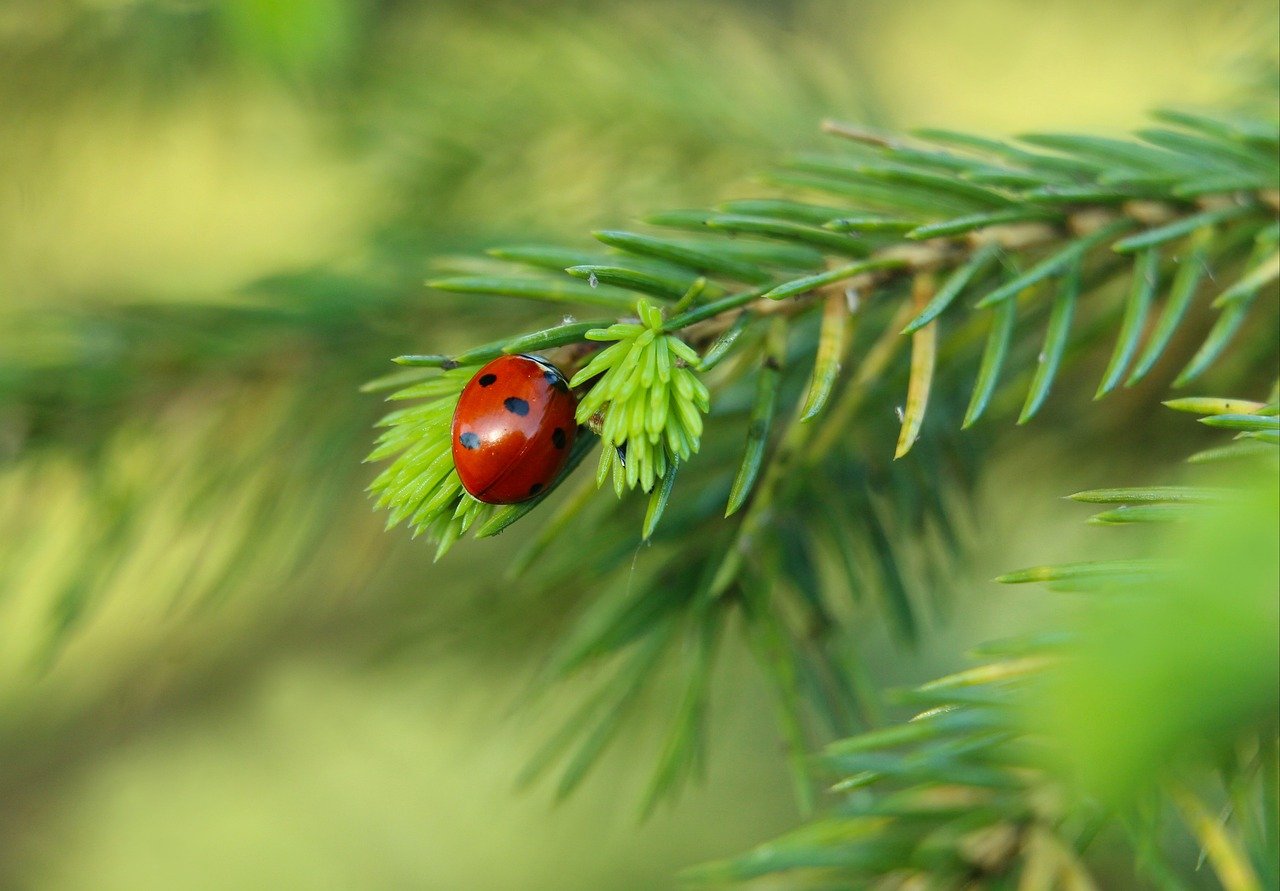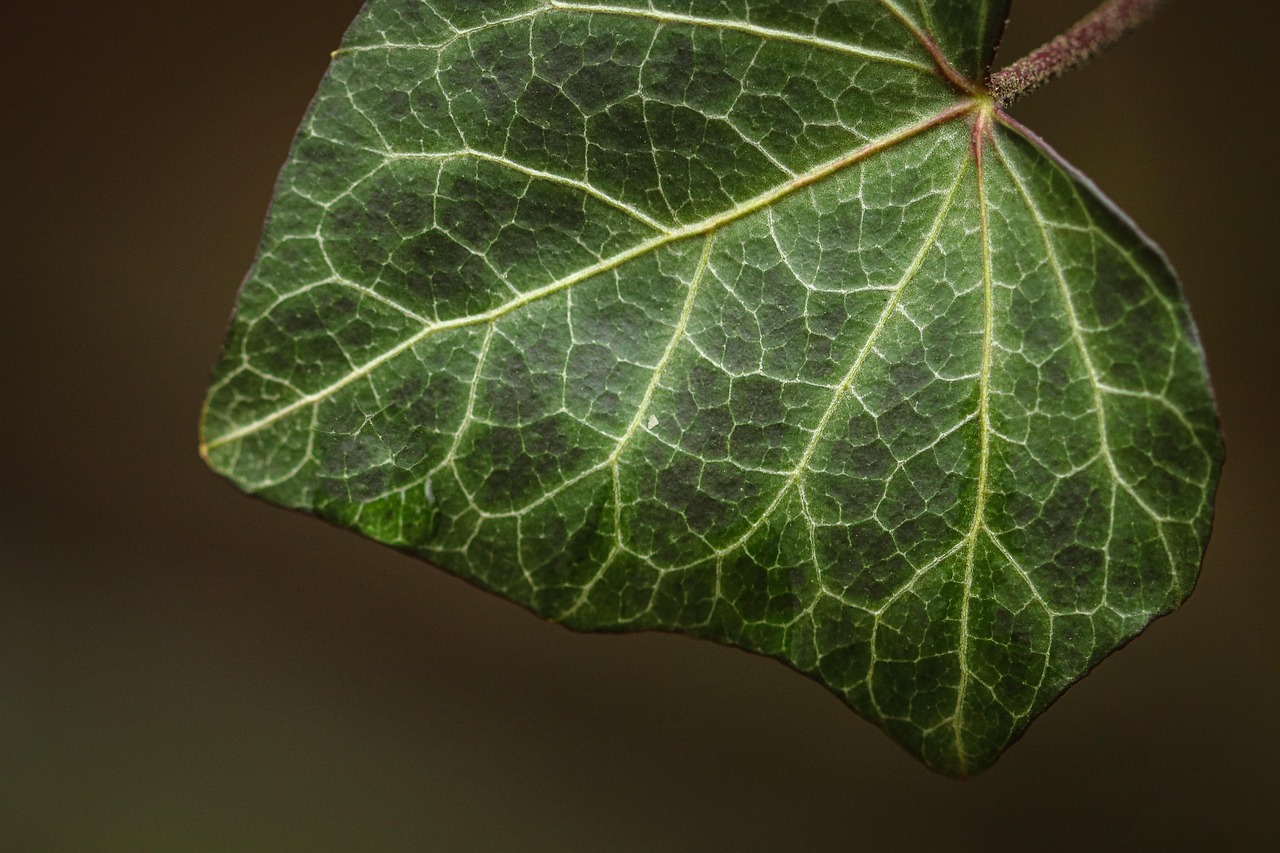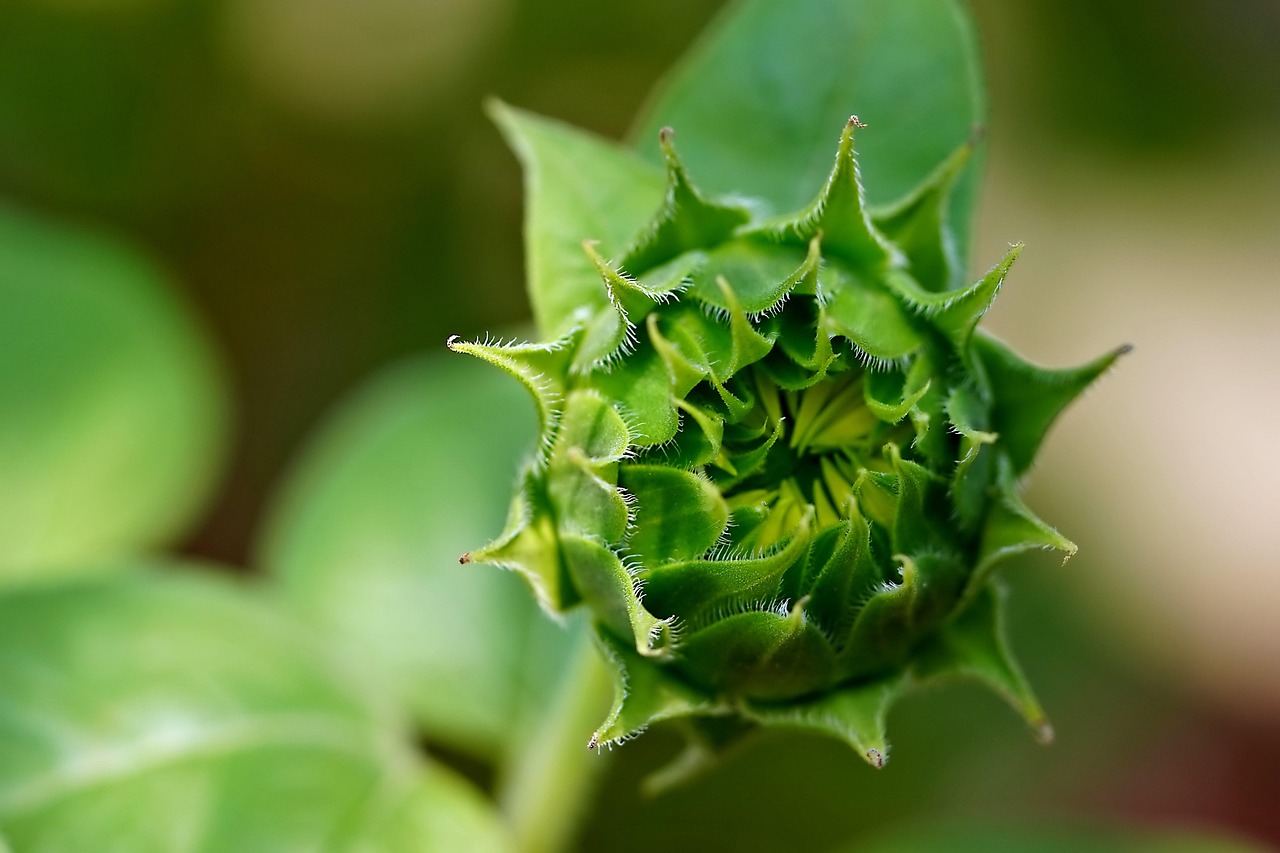Organic Gardening Tips
Organic gardening is becoming increasingly popular across the USA as more people seek healthier food options, sustainable practices, and ways to connect with nature. Whether you have a large backyard or a small balcony, these organic gardening tips will help you create a thriving, chemical-free garden that benefits your family and the environment.
What Is Organic Gardening ?
Organic gardening means growing plants without synthetic pesticides, herbicides, or fertilizers. Instead, it relies on natural methods like composting, crop rotation, and biological pest control to nurture plants and soil.
Benefits of Organic Gardening Tips
- Healthier Produce: Organic fruits and vegetables are free from harmful chemical residues.
- Improved Soil Health: Organic matter like compost enriches the soil, encouraging beneficial microbes.
- Environmental Protection: Avoiding synthetic chemicals reduces pollution and supports biodiversity.
- Sustainability: Organic gardening promotes long-term soil fertility and ecosystem balance.
Getting Started with Organic Gardening Tips in the USA
Choosing the Right Location
Your garden needs at least 6–8 hours of sunlight daily for most vegetables and herbs. Also, select a spot with good air circulation and well-drained soil to prevent disease.
Selecting Organic Seeds and Plants
Start with certified organic seeds or heirloom varieties. Many USA-based seed companies specialize in organic seeds suited for different climates. Avoid genetically modified or chemically treated seeds.
Preparing Your Organic Garden Bed
Clear weeds by hand or with organic methods like mulching. Enrich your soil with homemade compost or aged manure. Conduct a soil test through your local extension office to understand nutrient needs and pH levels.

Organic Gardening Tips and Techniques for Small Spaces
Container Gardening with Organic Soil
If you live in an apartment or have limited outdoor space, container gardening is ideal. Use pots with drainage holes filled with organic potting mix rich in compost. You can grow herbs, leafy greens, and small fruiting plants like cherry tomatoes.
Vertical Gardening and Trellising
Maximize space by growing vining plants vertically using trellises, cages, or hanging baskets. Plants like cucumbers, peas, and beans thrive vertically and improve airflow, reducing disease risk.
Raised Bed Organic Gardening
Raised beds warm faster in spring and drain well. Build beds from untreated wood or recycled materials. Fill them with a mix of organic compost, garden soil, and other natural amendments.
Building Healthy Organic Soil and Compost
Importance of Healthy Soil
Soil is the foundation of any garden. Healthy organic soil has a balance of minerals, organic matter, and living organisms that support plant growth.
How to Make Compost at Home
Composting recycles kitchen scraps, grass clippings, and leaves into nutrient-rich soil. Layer “greens” (nitrogen-rich materials like vegetable scraps) and “browns” (carbon-rich materials like dry leaves) in your bin. Keep it moist and turn it weekly to speed decomposition.
Using Compost Tea and Organic Fertilizers
Compost tea is a liquid fertilizer brewed from compost that boosts microbial life. Apply it as a foliar spray or soil drench. Other organic fertilizers like fish emulsion and seaweed extract provide essential nutrients without synthetic chemicals.
Organic Gardening Tips Natural Pest and Disease Control
Identifying Common Garden Pests
Watch for aphids, caterpillars, slugs, and beetles that damage plants. Early identification helps in managing pests organically.
Organic Pest Control Solutions
- Neem oil and insecticidal soap: Effective against soft-bodied insects.
- Diatomaceous earth: A natural powder that deters crawling insects.
- Companion planting: Grow pest-repelling plants like marigolds, basil, and nasturtiums alongside vegetables.
- Beneficial insects: Encourage ladybugs, lacewings, and praying mantises that prey on pests.
Disease Prevention
Use crop rotation to avoid soil-borne diseases. Provide adequate spacing and prune plants to improve airflow. Avoid overhead watering to reduce fungal problems.

Seasonal Organic Gardening Tips for USA Gardeners
Spring
Start seeds indoors in biodegradable pots to get a head start. Prepare garden beds by adding compost and tilling lightly.
Summer
Mulch your beds to conserve moisture during hot months. Water early in the morning to reduce evaporation and fungal diseases. Monitor for pests and apply organic treatments promptly.
Fall
Plant cool-season crops like kale, spinach, and garlic. Add fallen leaves to compost or use as mulch. Plant cover crops to enrich soil for next year.
Winter
Clean and sharpen tools, organize supplies, and plan your garden layout. Grow indoor herbs like basil and mint on sunny windowsills.
Watering and Irrigation Best Practices
Use drip irrigation or soaker hoses to deliver water directly to roots, reducing waste. Collect rainwater in barrels to use during dry spells. Water deeply but infrequently to encourage deep root growth. Avoid watering late in the day to prevent mold and mildew.
Organic Gardening Tips Tools and Supplies
Essential tools include a hand trowel, pruning shears, garden fork, gloves, and watering can. Use natural twine instead of plastic ties and bamboo stakes for support.
For organic seeds and supplies, trusted USA sources include:
- Johnny’s Selected Seeds
- High Mowing Organic Seeds
- Seed Savers Exchange
Local farmer’s markets and garden co-ops are also great places to find organic products.
Companion Planting and Crop Rotation
Companion planting improves pest resistance and soil fertility. For example, plant basil near tomatoes to repel flies and improve flavor. Beans fix nitrogen in the soil, making them excellent companions for corn and cucumbers.
Rotate crops yearly, moving families of plants to different beds to prevent nutrient depletion and disease buildup.
Organic Gardening with Kids and Families
Introduce kids to gardening by planting fast-growing vegetables like radishes or fun sunflowers. Gardening teaches responsibility, patience, and environmental awareness. Composting together is a great family activity that supports sustainability.

Advanced Organic Gardening Tips
Explore permaculture principles by designing gardens that mimic natural ecosystems, use water efficiently, and encourage wildlife.
Plant cover crops like clover or rye in fall to protect and enrich soil during the off-season. Create a pollinator-friendly garden by growing native flowers and avoiding pesticides harmful to bees and butterflies.
Common Mistakes to Avoid in Organic Gardening Tips
- Overwatering, which can cause root rot
- Neglecting soil health and skipping testing
- Using non-organic products by mistake
- Ignoring early pest signs until infestations worsen
Final Thoughts: Embrace Organic Gardening Tips
Organic gardening is a rewarding journey toward healthier living and environmental stewardship. By following these tips and techniques, you’ll create a vibrant, chemical-free garden that provides fresh food and a peaceful outdoor sanctuary. Start small, learn continuously, and watch your garden—and yourself—grow!
